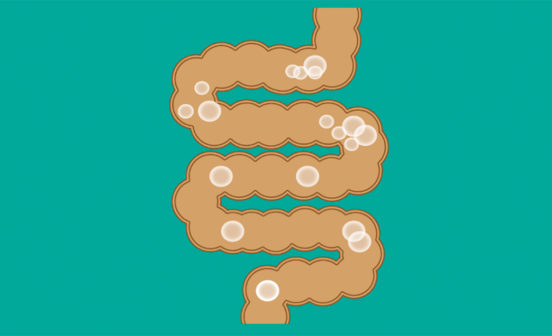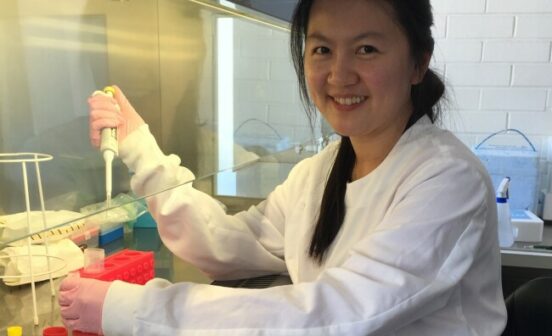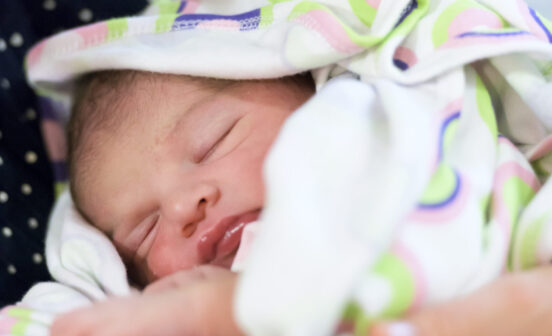Prevention Miscarriage may be linked to changes in vaginal bacteria

A study supported by the NIHR Imperial BRC (published in BMC Medicine), funded by the Tommy’s pregnancy charity, has suggested that changes to a mother’s vaginal microbiome may be associated with pregnancy loss. The researchers propose that inflammation caused by these changes in bacteria could lead to miscarriage.
Miscarriage is the most common pregnancy complication and occurs in around one in five pregnancies. Whilst half of all cases occur because of chromosomal abnormalities in the embryo, little is known about the causes of miscarriage in pregnancies without these abnormalities. Miscarriage also has a very significant impact on the mental and physical health of those patients who experience this.
Prevention of miscarriage where possible will require a deeer understanding of the causes. In general, a healthy vaginal microbiome is rich in acid-producing Lactobacilli which help to prevent the growth of other potentially harmful bacteria. However, when there is an imbalance in the microbiome, these other bacteria can flourish, and may cause inflammation and a break down of the lining of the womb.
The study included 167 pregnant women recruited from Imperial College Healthcare NHS Trust over 5 years. In total, 93 women in the study had a miscarriage and 74 did not and gave birth at term. Of the women who experienced a miscarriage, 54 had no chromosomal abnormalities in the embryo.
The researchers examined the vaginal bacteria present in all these women, as well as looking for molecular signs of inflammation. In women with chromosomally ‘normal’ miscarriages, the researchers found there was a reduction in the number of Lactobacilli in their vaginal microbiome compared to those women with chromosomally abnormal miscarriages. The researchers also found high levels of inflammation in patients with chromosomally normal miscarriages who had bacteria such as Prevotella and Streptococcus instead of Lactobacilli.
In the study, some women who gave birth at term had reductions in Lactobacilli, but their immune systems did not react towards this and did not cause inflammation.





